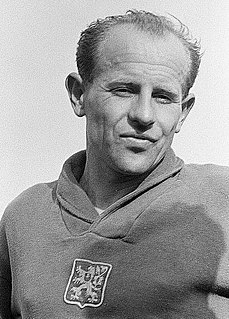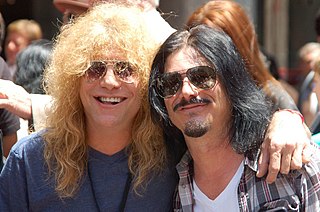A Quote by B. Alan Wallace
Tibetans look at a person who holds himself above others, believing he is better than others and knows more, and they say that person is like someone sitting on a mountain top: it is cold there, it is hard, and nothing will grow. But if the person puts himself in a lower position, then that person is like a fertile field.
Related Quotes
With repeated listenings, a piece eventually becomes its own being. I very often say to students that this is like meeting a person for the first time. When you first meet someone, you reference that person with others who are similar; but, as you get to know that person better, you begin to understand his unique qualities.
A person is either himself or not himself; is either rooted in his existence or is a fabrication; has either found his humanhood or is still playing with masks and roles and status symbols. And nobody is more aware of this difference (although unconsciously) than a child. Only an authentic person can evoke a good response in the core of the other person; only person is resonant to person.
If you're in a subordinate position of some sort and pretty much all of us are at some point in our lives, your general tendency is to try and impress the people above you or person above you so well that they will like you, keep you or maybe promote you. In the process of doing that you are not aware that that person above has insecurities and if you try so hard they may see that you are after their job or that you are better than they are or they might envy the fact you are younger.
When therefore we are hindered, or disturbed, or grieved, let us never attribute it to others, but to ourselves; that is, to our own principles. An uninstructed person will lay the fault of his own bad condition upon others. Someone just starting instruction will lay the fault on himself. Some who is perfectly instructed will place blame neither on others nor on himself.
Things appear different from every different plane from which you look at them, and when a person standing on flat earth asks a person standing on top of a mountain, "Do you also believe something?" the person cannot tell much. The questioner must come to the top of the mountain and see. There can be no link of conversation between them until that time.
Liberation does not concern the person, for liberation is freedom from the person. Basically the disciple and teacher are identical. Both are the timeless axis of all action and preception. The only difference is that one 'knows' himself for what he is while the other does not. The idea of being a person, an ego, is nothing other than an image held together by memory.


































